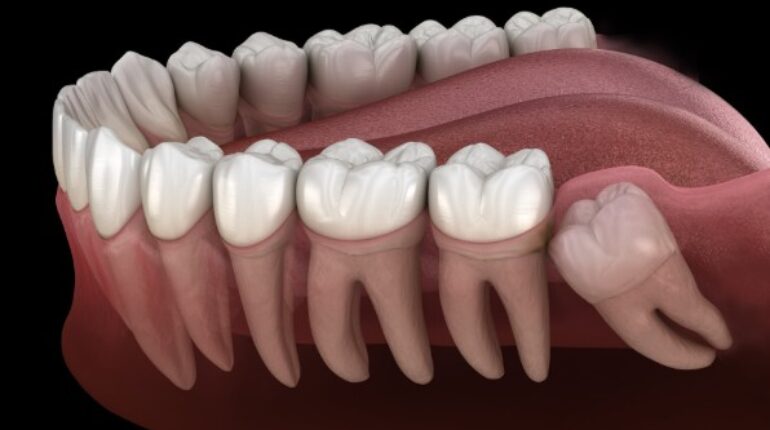📌 Your Dentist Isn’t Telling You This: The Vital Role of Wisdom Teeth

Posted 19 June 2025 by: Admin
How does wisdom teeth removal actually happen? Dr. Edmond Binhas, dental surgeon, explains.
Wisdom Teeth: What Are They Exactly?
It’s important to remember that adults usually have 32 teeth. The last ones to appear are the wisdom teeth, which typically emerge between ages 17 and 25—one at each back corner of the mouth, upper and lower.
Good to know. “Not everyone develops wisdom teeth; more and more adults only have 28,” says Dr. Edmond Binhas, dental surgeon and president of the Dentéon Santé network. “This is due to human evolution and our modern diets, which are much richer in soft foods compared to the past.”
Wisdom teeth can present in various ways:
- A semi-impacted tooth emerges partially, growing at an angle or even horizontally;
- A fully impacted tooth never breaks through, developing horizontally, still covered by bone and gum.
Good to know. “It’s also possible for wisdom teeth to erupt normally—vertically—especially in people with a wide enough jaw,” adds the expert.
Why remove wisdom teeth? Primarily because these teeth can cause pain. Semi-impacted teeth can push on other teeth or cause gum inflammation and even infections. “When wisdom teeth are fully impacted, we often recommend preventive extraction, especially to preserve the results of orthodontic treatment in the long term,” explains Dr. Binhas.
Wisdom Tooth Extraction: How Does the Operation Work?
Key points. This procedure can be performed in a hospital (as outpatient surgery, meaning no overnight stay) under general anesthesia, or in a dental clinic under local anesthesia. Sometimes, a specialist oral surgeon performs the procedure.
“In a hospital and under general anesthesia, it’s possible to remove all four teeth at once; in a clinic, it’s usually done over several appointments,” Dr. Binhas notes. Removing all four teeth is generally recommended to maintain jaw balance.
How does the procedure actually go? “It starts with anesthesia: if local, an injection is made in the gum near the tooth. Once numb, there’s no pain,” reassures the dentist.
Next, the gum is incised to access the tooth; if the tooth is fully impacted, a small section of bone is also removed. Using a dental drill, the tooth is often sectioned into pieces for easier removal; the entire root is also extracted.
The cavity is then thoroughly cleaned to remove gum debris or tooth fragments, ensuring a healthy bone. The bone is stimulated to help form a blood clot, then the gum is stitched—usually with dissolvable sutures. Depending on complexity, extracting a wisdom tooth takes between 20 minutes and 1 hour.




















